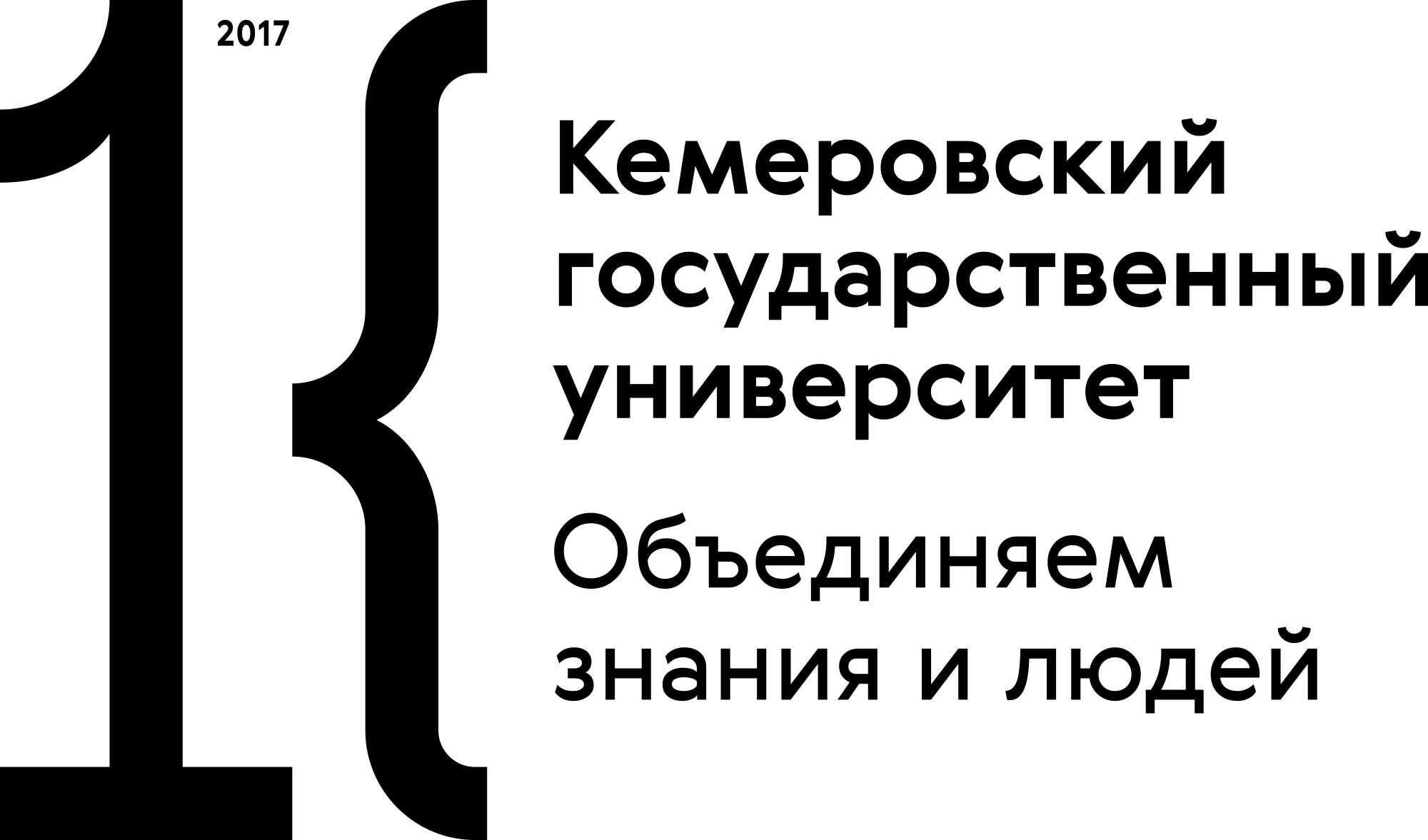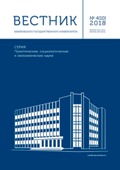Sankt-Peterburg, Russian Federation
UDC 37
In the process of diversifying the economy of single-industry towns, a contradiction may appear between the homogeneous professional composition of the population and the need for personnel with diverse professional and qualification characteristics. Elimination of this risk lies in the field of diversification of vocational education. The task of the study was to diagnose the degree of diversification of secondary vocational education in single-industry towns with the status of a territory of advanced socio-economic development. The definition of this characteristic was considered as the definition formed to date, one of the prerequisites for the implementation of the program for the development of single-industry towns. The present research features the existing differences between single-industry cities with the status of territory of advanced socio-economic development in terms of the degree of diversification of secondary vocational education. The authors analyzed the mid-level training programs and programs for training skilled workers and employees that are being implemented in the 2017/18 school year. On this basis, a typology of single-industry towns was developed and proposed. This typology can form the basis for the development of a set of strategies for the diversification of free software for single-industry towns of different types. This, in turn, will make it possible to introduce into the development program of each single-industry town a project to transform the vocational qualification structure of the population in accordance with the needs of a diversifying economy, which will increase the level of complexity of the program for developing a single-industry town as a whole.
diversification of economy, typology of single-industry towns, vocational qualification structure of the population, the needs of city-forming enterprises, the needs of small business and population
1. Chaldayeva L. A., Skidanova Yu.V. Kriterial'no-metodicheskii podkhod k klassifikatsii monogorodov: teoriia i praktika [A criterion and methodological approach to the classification of single-industry towns: theory and practice]. Regional'naia ekonomika: teoriia i praktika = Regional economy: theory and practice, no. 4 (2016): 4-18.
2. Il'ina I. N., Plisetskiy Ye. Ye., Molodtsov A. V., Lepskiy V. Ye., Reznikova Ye. V., Turkov A. V., Sheryay K. I. Razvitiie monogorodov Rossii [Development of single-industry towns in Russia]. Moscow: Finansovyi universitet, 2013, 168.
3. Turgel' I. D. Teoretiko-metodologicheskie aspekty issledovaniia zhiznennogo tsikla goroda [Theoretical and methodological aspects of research of the city's life cycle]. Voprosy upravleniia = Management issues, no. 4 (2008): 49-104.
4. Dulesov A. N., Bekhterev D. V. Klassifikatsiia monogorodov po ikh zhiznennomu tsiklu [Classification of single-industry towns by their life cycle]. Fundamental'nyye issledovaniia = Fundamental research, no. 10-1 (2015): 161-165.
5. Kutergina G. V., Lapin A. V. Upravlenie razvitiem monogorodov: otechestvennye i zarubezhnye podkhody k modelirovaniu [Managing the development of single-industry towns: domestic and foreign approaches to modeling]. Vestnik Permskogo universiteta = Bulletin of Perm University, no. 3 (2015): 69-77.
6. Shastitko A. Ye., Fatizova A. F. Monogoroda: novyi vzglyad na staruyu problemu [Monotown: a new take on the old problem]. Baltiyskiy region = Baltic region, no. 1 (2015): 7-35.
7. Tyulicheva L. D. Formirovanie proektov professional'noi perepodgotovki naseleniia v usloviiakh diversifikatsii ekonomiki monogorodov [Occupational Retraining Projects for Economic Diversification of Monotowns]. Ekonomika i upravlenie = Economy and management, no. 7 (2017): 45-50.

















